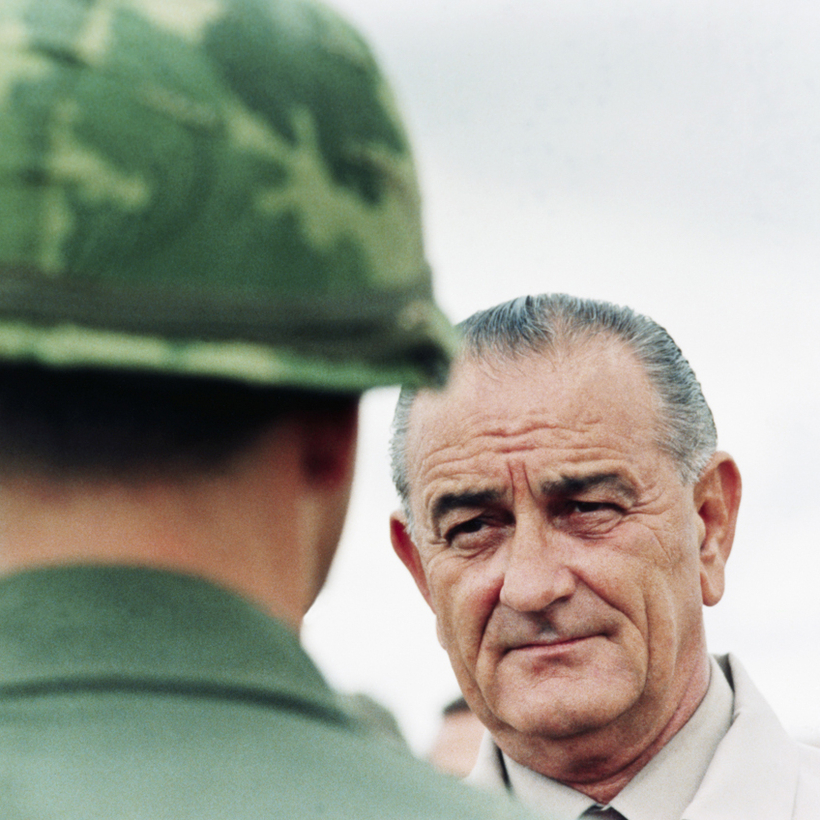Of all those considered responsible for the outcome of America’s Vietnam debacle, President Lyndon B. Johnson and Secretary of Defense Robert S. McNamara usually get the most blame.
It was they who turned a commitment of roughly 15,000 U.S. military advisers into a force of more than 500,000 combatants that proved unable to hold off the North Vietnamese Army and the Viet Cong, leaving behind a unified nation aligned with the global Communist bloc.


